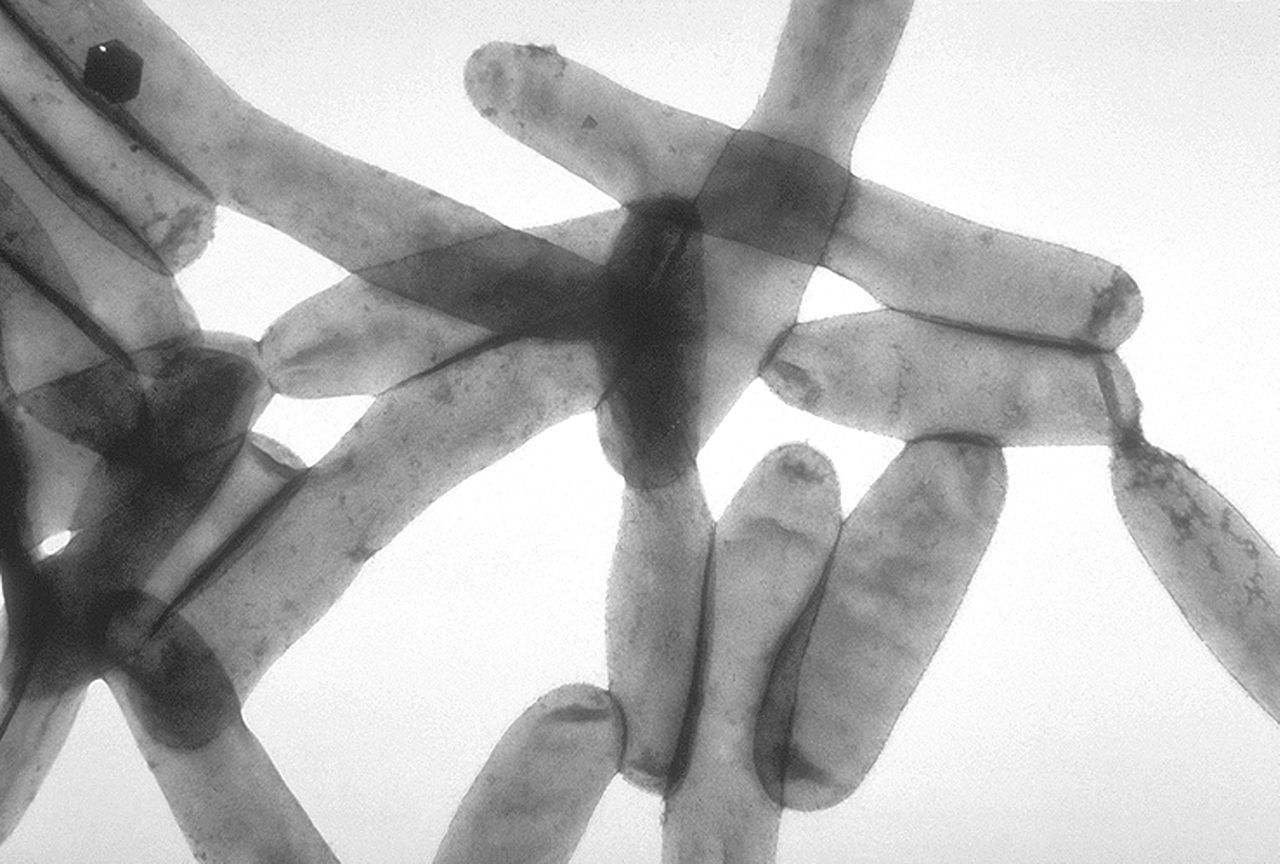
The Association of Plumbing & Heating Contractors (APHC) said there could potentially be an additional serious public health concern once the current COVID-19 trading restrictions are removed, due to Legionnaires’ disease.
CEO of APHC, John Thompson, said: “With restaurants, pubs, sports facilities, bed & breakfasts, hotels, hairdressers and many other leisure establishments being closed for nearly four weeks now, we feel there is an urgent need to raise awareness of the potential spread of Legionnaires’ disease once these establishments re-open as action needs to be taken now to stop a possible outbreak.”
The current lockdown meant that the plumbing systems of establishments were not being used, and if not correctly maintained can relatively quickly become the ideal environment for Legionella. The bacteria multiplies in stagnant water, poorly designed water systems and in water with temperatures between 20oC and 45oC.
It was also noted that the symptoms of Legionnaires’ disease are similar to the symptoms associated with COVID-19 – high temperature, feverishness and chills, coughing, muscle pains, headache and diarrhoea with the potential to lead to pneumonia.
John added: “Landlords and employers have a legal duty to assess and control the risk of exposure to Legionella bacteria. Risk assessments, precautionary actions and remedial work can be implemented to protect against Legionnaires’ disease. However, we believe the vast majority of landlords and employers are unaware of their legal duty and of the actions that need to be taken.
“These are unprecedented times and never have so many buildings been closed for so long without any thought for bringing these buildings back into use, which if not facilitated correctly could lead to a serious outbreak of Legionnaires disease just as the country and the NHS recover from COVID-19.”
The association has advised landlords, property owners and employers to take action now by contacting a suitably qualified plumbing and heating engineer in order to carry out a risk assessment, advise on precautionary measures and, if required, implement remedial work.
